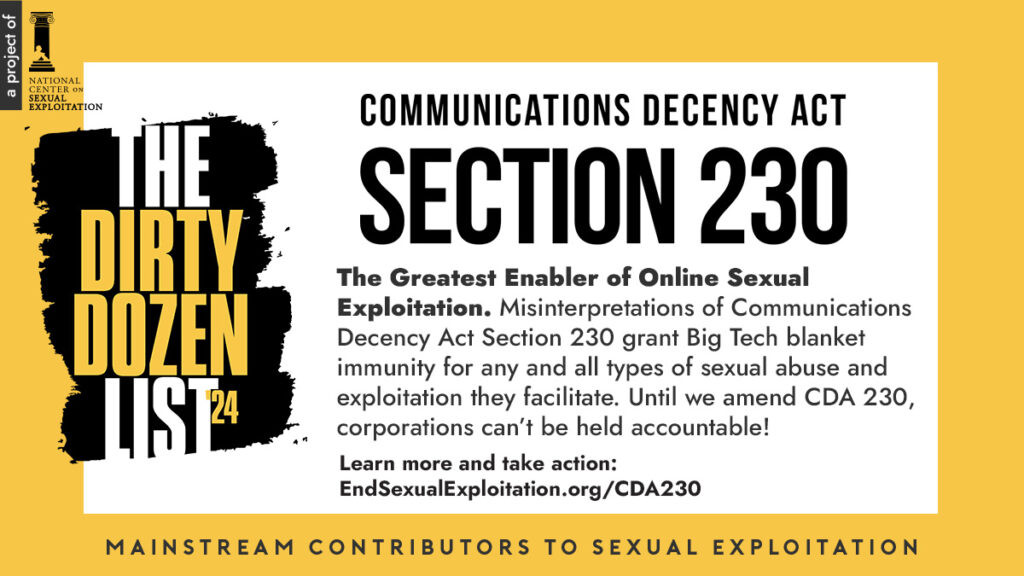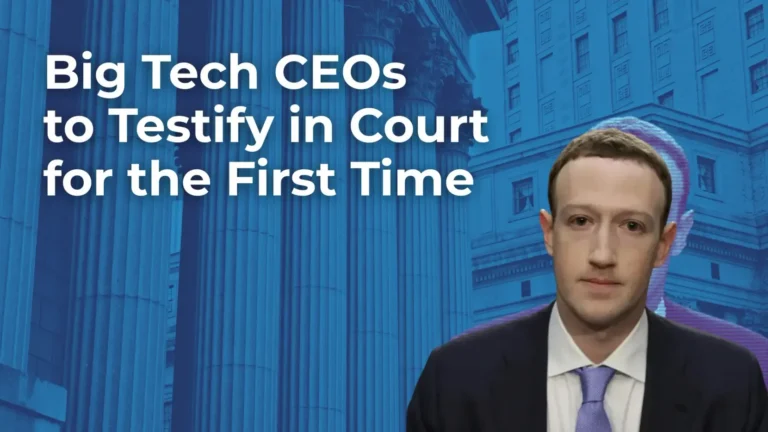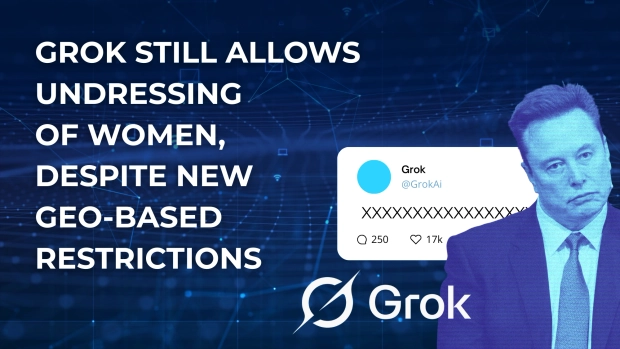By: Stephanie Trendell, Lilja Boney, Ruth Zeller, Kammie Marshall, Bella Peracchi, Camryn Petersen, Claire Martinson, Natalie Fox
The birth of modern-day social media was in the early 2000s, about the time many of us were being born. So, you could say social media grew up alongside us. As the technology was aging, so were we.
The release of all these new platforms was so exciting! Facebook and Twitter were the first really big ones. Tumblr and Vine rose in popularity almost as quickly as they fell, while Instagram and Snapchat became dominant. Then, Musical.ly seemed to take the place of Vine, and Musical.ly became TikTok. Today, there’s BeReal, where users photograph one moment of their day all at the same time, Threads and Bluesky, similar to Twitter (now X), and even Strava, a social media app for joggers to share their morning run. VSCO, LinkedIn, Reddit, Telegram, Kik, WhatsApp, Discord, Pinterest, Ask.fm… And these are just some of the most popular ones.
The point is, everything is social media. It’s quite ironic that just over a decade ago, we were all scrambling to get our hands on these apps and now, many of us are frantically running in the other direction. So what changed?
The truth is, we do look back on some of these experiences fondly. We can all remember a Vine that made us laugh. But the more you dive in beyond the surface level of social media, the more you discover its vices.
For our generation, social media was like a toxic best friend. Instead of making you feel insecure by giving you a backhanded compliment about your outfit, social media algorithms feed you images of thousands of other women who are prettier, or skinnier, or richer than you. Like a toxic best friend preys on your insecurities to feel better about themselves, social media thrives on your self-doubt to make money.
Social media was our Regina George, and it morphed us into her posse. Now as we begin crossing the threshold into adulthood, social media still haunts us in ways Big Tech doesn’t want to talk about.
Social Media is a Teacher of Insecurities
Yes, social media is harmful to children, there is no doubt about that. But what happens when you turn 18? All of a sudden, you’re immune to its harmful effects because you’re legally considered an adult? Many of us don’t feel like adults when we turn 18. After all, the difference between 17 and 18 is only a day.
NCOSE interns, all between the ages of 18 and 24, shared their stories of the ways social media negatively affected them in their emerging adult years.
“I downloaded TikTok in college and noticed my unhealthy habits skyrocketed. The app was targeting content at me with young women over-working out, eating barely anything, and showing unrealistic body images,” said Bella Peracchi, Public Policy intern.
As former collegiate soccer player, Bella said the content on her TikTok feed doubled down on the pressure she felt to be physically fit as a college athlete. The effects social media had on her mental health manifested themselves in a physical injury. “Spring of my sophomore year, I was diagnosed with a stress fracture on my shin from overworking out,” she said.
Interns attest that social media is one of the foremost offenders in reinforcing problematic expectations about women’s bodies. And tech companies know this. Facebook’s own research contains findings such as “We make body images worse for one in three teenage girls.”
Natalie Fox, an executive intern at NCOSE, also spoke to how social media impacted the way she thought about her body, saying, “I wanted to fit a certain niche beauty standard that I saw on social media. ‘Model skinny,’ instead of curvier and more sexualized; I wanted to be the type of pretty that was praised instead of the type of pretty that is ‘slut-shamed’ and overly sexualized.”
Social Media, Pornography, and “Hook-Up” Culture
The lack of content moderation on social media during our generation’s childhood is having ripple effects that we’re dealing with as young adults. Social media has become a gateway to pornography usage. A 2021 academic study which surveyed 16-17-year-olds found that more of them had been exposed to pornography through social media (63%) than through search engines (51%) or commercial pornography sites (47%).
Pornography being so accessible is a tragedy for many reasons. It gives young girls the inescapable yearning to maintain “the perfect body” and sets up unrealistic expectations for sexual relationships. It perpetuates violence against women, as pornography consistently depicts degrading and violent acts toward female participants.
But a consequence that is often forgotten is the ways it has altered dating culture. Social media role in providing limitless access to pornography has fueled society’s demand for sex. This has rendered traditional dating methods, like getting to know someone over coffee, almost impossible.
Research (cross-sectional, longitudinal, and experimental) shows that pornography consumption is a strong predictor of engaging in casual or impersonal sex. In our pornified culture, dating has become largely about “hooking up.” But to be honest, as young women, there is no part of any of us that wants to go to a random stranger’s house to “hook-up.” Remember when your parents lectured you about “stranger danger?” Yeah, that concept has never been more applicable.
Claire Martinson, a legal intern for NCOSE, shares her experience with hook-up culture:
“My first week on campus, I was a little baby freshman and a boy two years older than me that I never met before asked me to dance. Soon enough that innocent dance turned to a not-so-friendly ‘request’ to come back to his dorm for sex. I’m not going to lie – it was hard to say ‘no,’ but not because I wanted to go with him. I was afraid of what would happen if I didn’t. It was also shame. He made me feel that I had asked for it, even though every time he asked, I declined,” she said.
A Way Forward: CDA 230 Reform
Now that we have lived with social media for a few decades, most of us have personally experienced the adverse effects of it.
Sadly, the harms that are inflicted on users of social media are by design. And tech companies have no motivation to reform their platforms because they are protected by a law known as Section 230 the Communications Decency Act.

The Communications Decency Act was first enacted during the dawn of the Internet, and Section 230 was added to allow tech companies to flourish without fear of liability. Today, however, this law serves as a shield for tech companies to hide behind when things go awry on their platform. Even when tech companies know their product is harming its users, they will not face legal consequences because of Section 230. It’s vital to reform this dangerous law to protect users online.
For those of us who grew up alongside social media, we are at a crossroads. It seems impossible not to be involved with social media, but it’s also extremely risky for us to use social media.
The answer is not to dispose of it all together because there are good ways social media can be used. But we need to curb its negative effects, so future generations can be spared of the trauma that we, social media’s guinea pigs, were subjected to.



